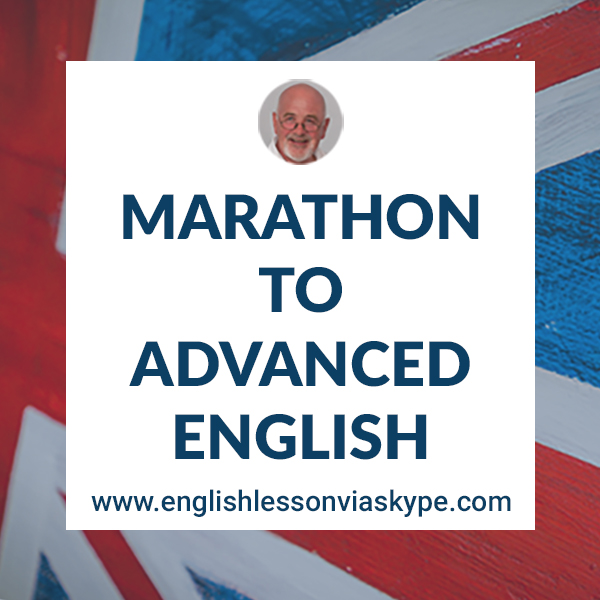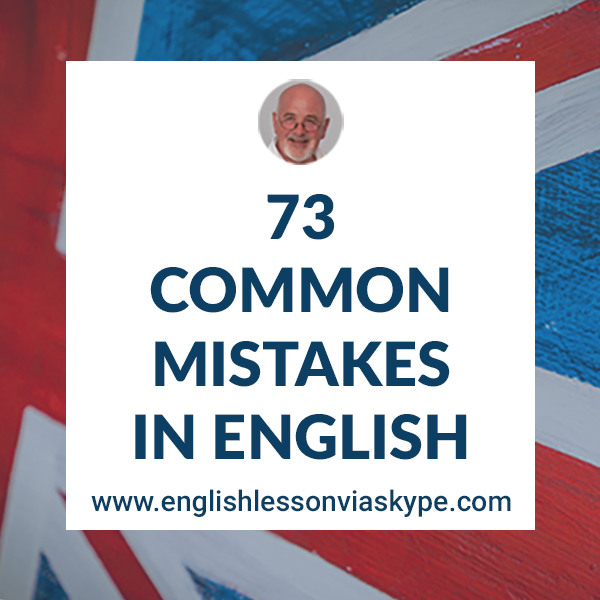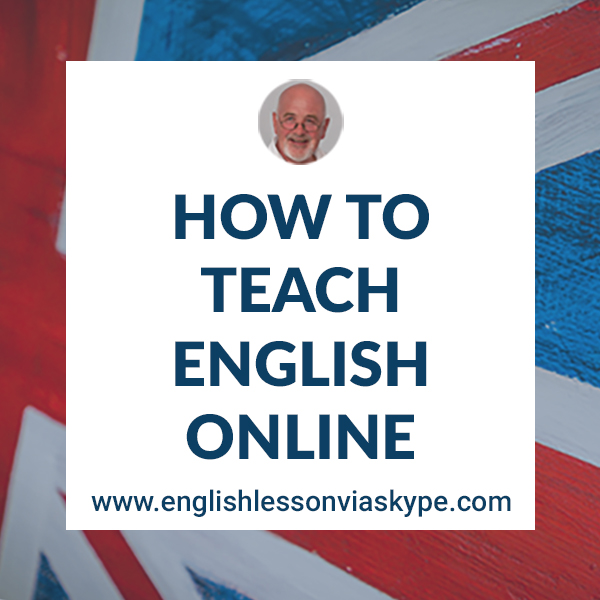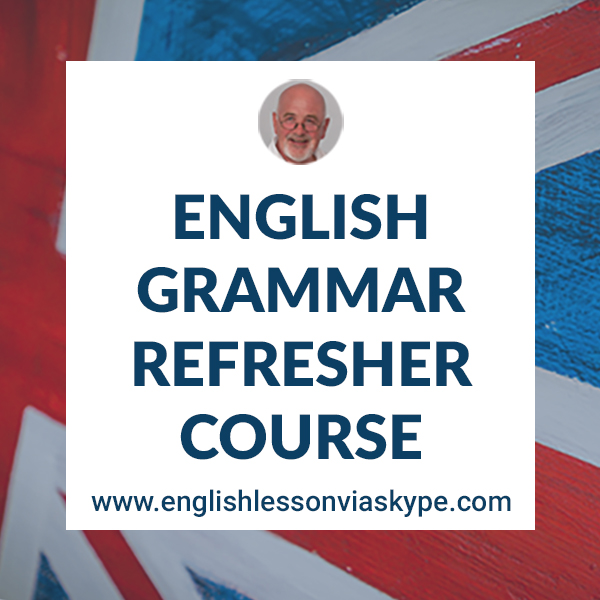How to use adjectives ending in ED and ING
Harry
First of all, let’s revise quickly what is an adjective. Adjectives are those words that describe a noun. They have the same form in singular and plural.
1️⃣ Adjectives come before a noun:
A big cat.
Here BIG is the adjective describing cat which is a noun.
An old car.
Here OLD is the adjective describing car which is a noun.
2️⃣ You put adjectives after these verbs
APPEAR, BE, BECOME, GET, LOOK, SEEM, SMELL, SOUND, TASTE
- You look tired.
- It’s getting dark.
- That sounds nice.
Common Adjectives ending in ED and ING

3️⃣ You use an adjective and not an adverb after these verbs
APPEAR, BE, BECOME, GET, LOOK, SEEM, SMELL, SOUND, TASTE
- This tastes good.
- The coffee smells wonderful.
- Does the milk taste bad?
4️⃣ Some adjectives have two forms. One ending in ING and one ending in ED
The boy was interestED in reading.
The book he was reading was interestING.
improve english on a budget
Online English Courses from €7.99
We use adjectives ending in ED
When describing how people feel we use those adjectives ending in -ed.
The boy was interested in reading. – CORRECT
The boy was interesting in reading. – WRONG
- I’m bored.
- You’re tired.
- They’re frightened.
- He’s scared.
We use adjectives ending in ING
When referring to a thing or a situation we use the -ing ending. Therefore it is correct to say the book the boy was reading was interesting.
This film was really boring. – This film made me feel bored.
Her experience was really frightening. – Her experience made her feel frightened.
He finds the lessons tiring. – The lessons make him feel tired.
It was shocking news. – The news shocked us.
It is possible to use adjectives with -ing endings when referring to a person but it may change the meaning.
He is an interesting person. – He knows a lot, he is open to new ideas.
He is really boring. – He has no interests, he only talks about himself.
⛔️ So be careful how you use them.
What's the Difference between ED and ING Adjectives
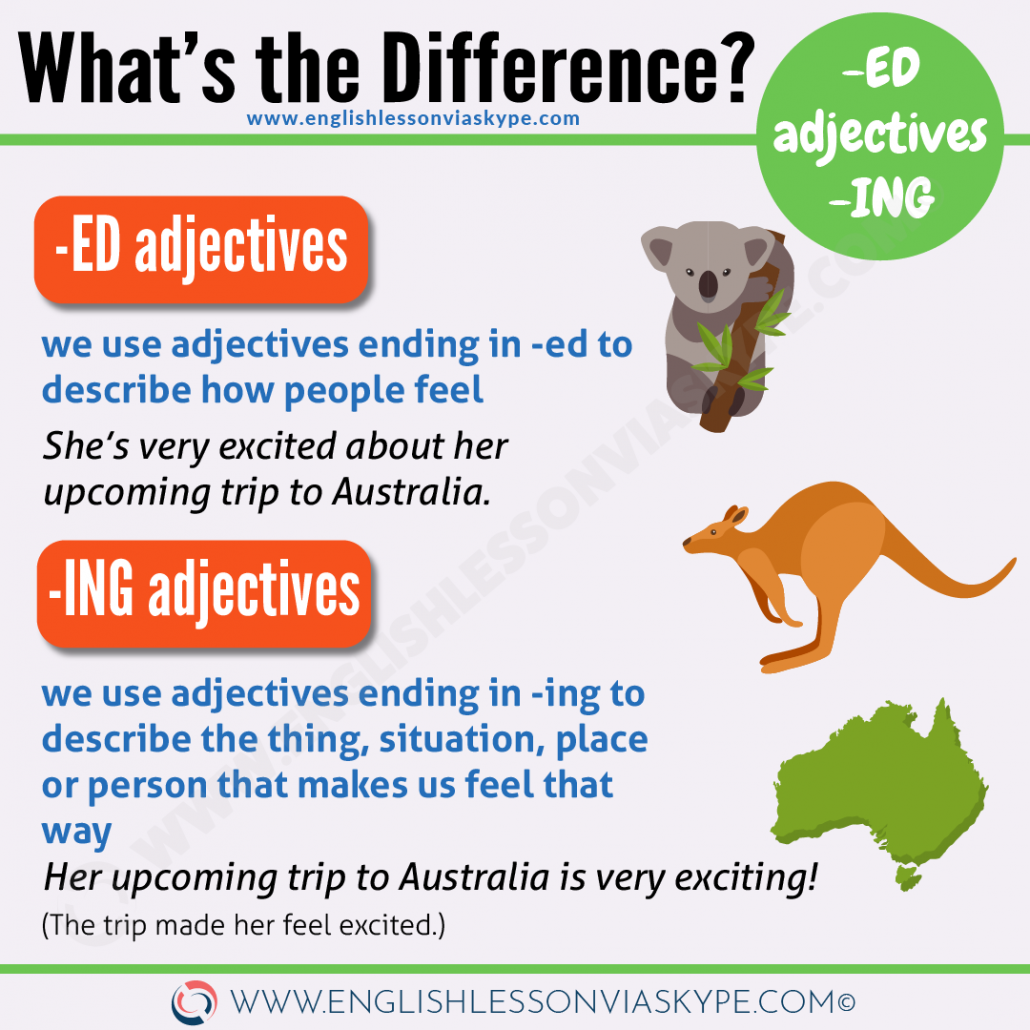

Examples of adjectives ending in ED and ING
1. The man was amused by the story.
2. The story was amusing.
In the first example, the man laughed and found the story funny so he was amused.
In the second example, someone finds the story amusing.
1. The book I was reading yesterday was very boring.
2. I was really bored when I was reading this book.
In the first example, the book was not interesting and I didn’t enjoy reading it.
In the second example, I didn’t find the book interesting and I got tired of reading it. (I felt tired)
book your trial English Lesson
Pairs of adjectives ending in ED and ING
The following are other adjective “pairs” which will be used in a similar way:
FRUSTRATE – when something does not work out the way you would like, you become frustrated.
He was frustrated when he could not get the answer to the crossword puzzle.
The crossword puzzle can be frustrating if you cannot work out the clues.
ASTONISH – similar in meaning to surprise but usually with a negative meaning.
She was astonished when he fired her even though her work was good.
The decision to sack her was astonishing to all that heard about it.
improve english on a budget
Online English Courses from €7.99
more information
For more information in English Expressions, English Phrasal Verbs and English Grammar Rules, check ou the following links:
English Vocabulary related to MARRIAGE
English Verbs connected to MOVEMENT
Intermediate English learners!
Here is your chance to master to review English Grammar Rules and improve English Grammar Tenses so you can speak English fluently and with confidence, sign up for
6 hour English Grammar Rules Refresher Course
Click on the link to read more.
Adjectives ending in ED and ING - Quiz
You will love these English lessons
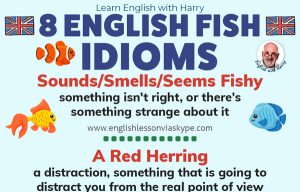

English Fish Idioms And Phrases
Here you will learn popular English fish idioms and phrases. I will explain how we use the word ‘fish’ and


Phrasal Verbs related to the Family
Here you will learn useful phrasal verbs related to the family. To look up to someone, to take after someone,


Useful English Words and Phrases to describe a New Start
Here you will learn 10 useful English words and phrases to describe a new start particularly just after the New
